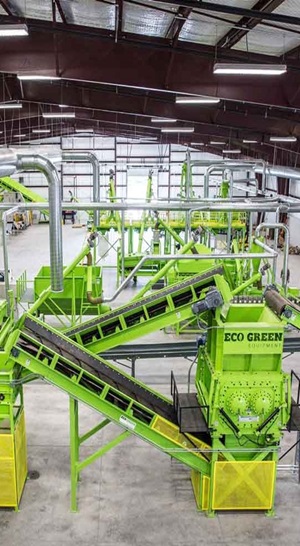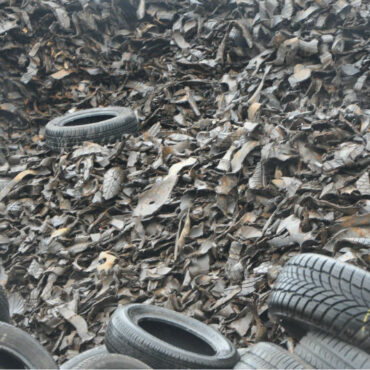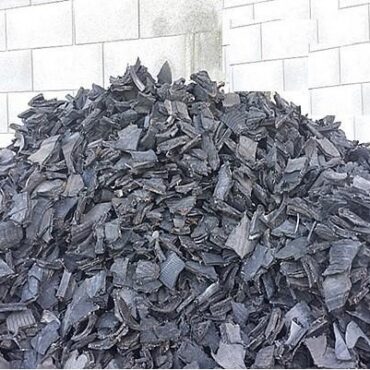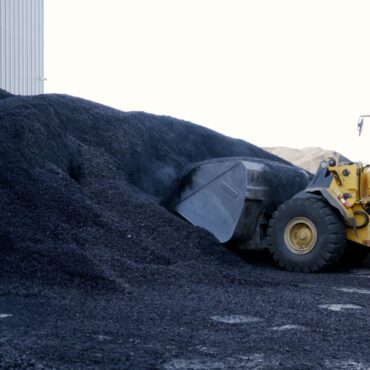Tire-Derived Fuel: A Smart Business Choice

A More Economical and Cleaner Option for Fossil Fuels
Tire-derived fuel presents an exceptional solution for various industries such as cement kilns, pulp and paper mills, steel mills, power plants, industrial boilers, and pyrolysis plants. Its remarkable heat value, effective use of scrap tires, and reduced carbon emissions make it a highly desirable alternative to fossil fuels.
Let me give you an example. According to the EPA, tire-derived fuel outperforms coal in terms of BTU value. In fact, just one ton of TDF is sufficient to replace one and a half tons of coal. Moreover, using tires as fuel significantly decreases nitrogen oxide emissions, making it an attractive option for organizations seeking to minimize their greenhouse gas output.
The versatility of tire shredding allows Renew Tire Recycling to produce TDF in sizes that align perfectly with coal, enabling seamless integration into existing delivery systems and boilers. To ensure precise requirements are met, we subject our TDF to meticulous lab testing, measuring size, combustion value, and BTU value.
By opting for our TDF, manufacturers and power generators can enjoy the following benefits:
1. Notable reduction in greenhouse gas emissions across various scenarios.
2. Consistent thermal profile and high BTU value, ensuring reliable performance.
3. Minimal production of bottom ash.
4. No leachate concerns during storage.
5. A mercury-free fuel option.
6. Customizable choices based on fuel specifications, ranging from whole tires to mesh sizes.
7. A more sustainable approach as it is crafted entirely from 100% recycled tires.
8. Significant cost savings.
Choose tire-derived fuel for an economically beneficial and environmentally friendly solution.
Important Information:
It is worth noting that the EPA acknowledges tire-derived fuel as a practical substitute for fossil fuels and actually favors the utilization of tires as a source of energy rather than simply discarding them in landfills. Extensive testing conducted by the EPA has also revealed that tire-derived fuel possesses a higher BTU value compared to coal. As a result, the EPA actively endorses the responsible use of tires as a fuel source in kilns and other industrial establishments.
To gain a comprehensive understanding of these findings, we encourage you to delve into the complete EPA report.
Advantages
Advantages of Tire-Derived Fuel in Business
Tire-Derived Fuel (TDF) vs. Coal, Natural Gas, and Petroleum Coke
| Tire-Derived Fuel | Coal | Natural Gas | Petroleum Coke | |
|---|---|---|---|---|
| Significantly reduces nitrogen oxide emissions, a harmful greenhouse gas | Yes | No | No | No |
| Virtually eliminates bottom ash production | Yes | No | No | No |
| Ensures no leachate from storage | Yes | No | No | No |
| Contains no mercury | Yes | No | No | No |
| Offers a consistent thermal profile | Yes | No | No | No |
| Provides customizable options | Yes | No | No | No |
| Helps reduce tire waste in landfills. | Yes | No | No | No |
| Offers cost savings | Yes | No | No | No |





